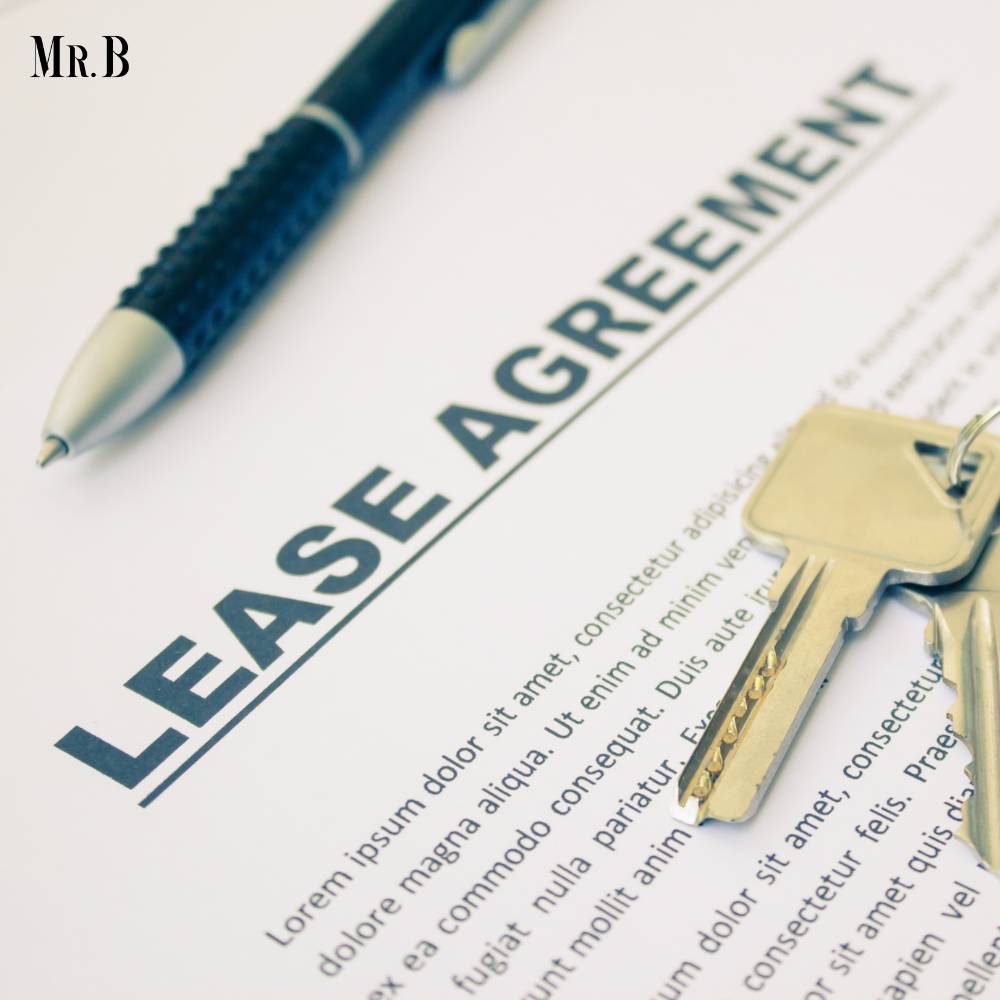Understanding Triple Net Lease: A Comprehensive Guide
- Category: Finance

In the realm of commercial real estate, understanding the intricacies of lease agreements is paramount. Among these, the triple net lease stands out as a unique and widely used arrangement. This article delves into the concept of the leases, elucidating its definition, mechanics, benefits, and potential drawbacks.
What is a Triple Net Lease?
It is often abbreviated as NNN lease, is a contractual agreement in the commercial real estate sector wherein the tenant agrees to pay for property taxes, insurance, and maintenance costs in addition to the base rent. This type of lease transfers significant responsibilities and expenses typically borne by the property owner to the tenant, making it a popular choice for landlords seeking stable and predictable income streams.
Understanding the Mechanics of Triple Net Lease:
In a triple net lease arrangement, the tenant assumes responsibility for three main expenses:
1.Property Taxes:
The tenant is obligated to pay property taxes assessed on the leased property. This includes taxes levied by local governments based on the property’s assessed value.
2.Insurance:
Under a triple net lease, the tenant is required to procure and maintain insurance coverage for the leased property. This often includes property insurance and liability insurance, protecting both the tenant and the landlord from various risks.
3.Maintenance Costs:
Unlike other lease types where the landlord bears the burden of property maintenance, triple net leases shift this responsibility to the tenant. This encompasses routine maintenance, repairs, and operational costs associated with the property.
Benefits for Landlords:

1.Stable Income Stream:
It provides landlords with a steady and predictable income stream, as tenants are responsible for covering property-related expenses in addition to the base rent.
2.Reduced Management Burden:
By transferring property maintenance and other operational responsibilities to the tenant, landlords can alleviate much of the day-to-day management burden associated with property ownership.
3.Risk Mitigation:
Since tenants are responsible for paying property taxes, insurance premiums, and maintenance costs, landlords are shielded from fluctuations in these expenses, thereby mitigating financial risk.
4.Potential for Higher Returns:
It often result in higher net rental yields for landlords compared to other lease structures, making them an attractive option for investors seeking favorable returns on their real estate investments.
5.Long-Term Stability:
It typically involves longer lease terms, providing landlords with greater stability and certainty regarding their rental income over an extended period.

Why Landlords Choose a Triple Net Lease?
In the realm of commercial real estate, landlords often opt for triple net leases due to their myriad benefits. It is commonly abbreviated as NNN lease, is a contractual arrangement wherein the tenant assumes responsibility for property taxes, insurance, and maintenance costs in addition to the base rent. This type of lease transfers significant financial obligations from the landlord to the tenant, making it an attractive option for property owners seeking stable and predictable income streams.
One of the primary reasons landlords choose a triple net lease is the assurance of consistent revenue. By shifting the burden of property expenses onto tenants, landlords can enjoy a steady cash flow without the fluctuations associated with covering taxes, insurance, and maintenance costs themselves. This predictable income stream allows landlords to better forecast their financial projections and plan for future investments or expenses.
Moreover, leases alleviate much of the management burden traditionally borne by landlords. With tenants responsible for property maintenance, repairs, and operational costs, landlords can focus their time and resources on other aspects of property management or pursue additional investment opportunities. This hands-off approach to property management can be particularly appealing to landlords with multiple properties or limited resources to dedicate to day-to-day maintenance tasks.
Additionally, these leases offer landlords a level of risk mitigation. By transferring the responsibility for property-related expenses to tenants, landlords are shielded from unexpected increases in taxes, insurance premiums, or maintenance costs. This helps landlords maintain a stable financial position and avoid potential financial strains that may arise from unforeseen expenses.
FAQs:
Q.1. What types of properties are commonly leased using these leases?
These are commonly utilized for various commercial properties, including retail outlets, office buildings, industrial facilities, and freestanding single-tenant properties.
Q.2. Are tenants responsible for all maintenance costs under a triple net lease?
Yes, tenants are typically responsible for covering all maintenance costs associated with the leased property, including repairs, utilities, and operational expenses.
Q.3. Can landlords still be involved in property management under the lease?
While landlords may still oversee certain aspects of property management, such as major structural repairs or capital improvements, the day-to-day maintenance and operational responsibilities are generally the tenant’s responsibility under this lease.
Q.4. How are expenses shared in a triple net lease if the property is multi-tenanted?
In the case of multi-tenanted properties, expenses such as property taxes, insurance, and maintenance costs are usually divided among the tenants based on their proportionate share of the total leased space.
Q.5. What factors should landlords consider when negotiating the lease?
Landlords should carefully evaluate factors such as the financial stability of prospective tenants, property location and condition, lease term length, escalation clauses, and expense reimbursement mechanisms when negotiating the leases to ensure favorable terms and mitigate risks.
Conclusion:
Triple net leases represent a symbiotic relationship between landlords and tenants in the commercial real estate sector. By shifting the responsibility for property taxes, insurance, and maintenance costs to tenants, landlords can enjoy stable income streams, reduced management burdens, and potential for higher returns on their investments. Understanding the mechanics and benefits of these leases is essential for both parties involved in these contractual agreements, facilitating mutually beneficial arrangements in the dynamic landscape of commercial real estate.
Curious to learn more? Explore this Article on: Mr. Business Magazine







